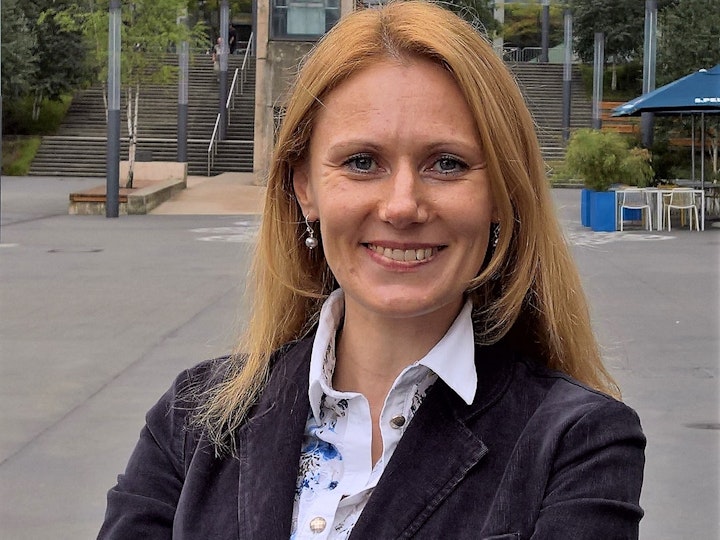Real Estate & Planning Research Seminar by Sabine Dörry (Luxembourg Institute of Socio-Economic Research, LISER). Title "Electronic contracts, property rights and structural changes in the housing markets: The case of Sweden"
We would like to invite you all to our Real Estate & Planning Research Seminar, where we are delighted to be joined by Dr Sabine Dörry (Luxembourg Institute of Socio-Economic Research, LISER).

| Event information | |
|---|---|
| Date | 10 March 2021 |
| Time | 13:00-14:00 (Timezone: Europe/London) |
| Venue | Online |
Event types: |
|
These are primarily internal Seminars but if you are interested in attending one of our Seminars or for further information, please contact: REPSchoolOffice@henley.ac.uk
"Electronic contracts, property rights and structural changes in the housing markets: The case of Sweden"
Sabine Dörry (Luxembourg Institute of Socio-Economic Research, LISER)
Abstract
Property and its right to ownership “must be thought of as an organized set of relations between people in regards to a valued resource” (Blomley, 2015). Indeed, housing markets often constitute the bulk of household wealth, and mortgage finance is the cornerstone of many financial systems in advanced economies. Thus, a change in the legacy infrastructure that supports the housing markets can have far-reaching consequences. Selling and buying a house is often linked with high transaction costs, and much blockchain-related work focusses on the potential to reduce these costs. Technology can hence influence the various organisational models of housing and finance, as well as the organisation at the interface between mortgage-financed real estate and the financial market. While degree, character and the direction(s) of such change(s) are often assumed, they are rarely demonstrated.
This paper empirically investigates where the blockchain technology can change the mechanisms and defining processes of transactions in residential real estate. Blockchain is perceived as having the potential to challenge not only the established order within the economic organisation of the actors involved in the value chain of real estate sales, but also the functioning of mature housing and mortgage markets. The analysis is developed on the case of Sweden, where Lantmäteriet, a government agency, has pioneered and tested the use of blockchain technology for the purchase of a house. First results show that this government-led project of digital brokerage may fundamentally challenge the core of the Swedish housing market design as it changes the role of the Lantmäteriet from merely a registrar to the ‘governor’ of this critical infrastructure – with all its consequences.
Bio
Sabine is a Senior Research Fellow at the Luxembourg Institute of Socio-Economic Research (LISER) and Adjunct Associate Professor at the University of Luxembourg. Sabine graduated from the Technical University of Dresden (Germany) and holds a PhD in Economic Geography from the Goethe-University Frankfurt am Main (Germany). Sabine was a GSO Leadership Fellow (2017), held a Marie Curie Research Fellowship at the University of Oxford (2013-2015), and is a founding and board member of the FINGEO network, the Global Network on Financial Geography.
Sabine’s research interests include the changing global production and trade relations, primarily in financial and other services industries, and the dynamics of urban, financial and real estate developments. More specifically, she analyses how long-established social systems, e.g. global financial infrastructures and arrangements of land administration and governance, change under the influence of new, far-reaching, technological conditions, and how shifts toward ‘sustainable finance’ and technological immersion affect financial activities, strategies, places, and institutions in leading financial centres.
Sabine’s academic work has been funded by the German Research Foundation (DFG), the Luxembourgish Research Foundation (FNR), ESPON, the European Commission (EC), and the Regional Studies Association (RSA), among others.


